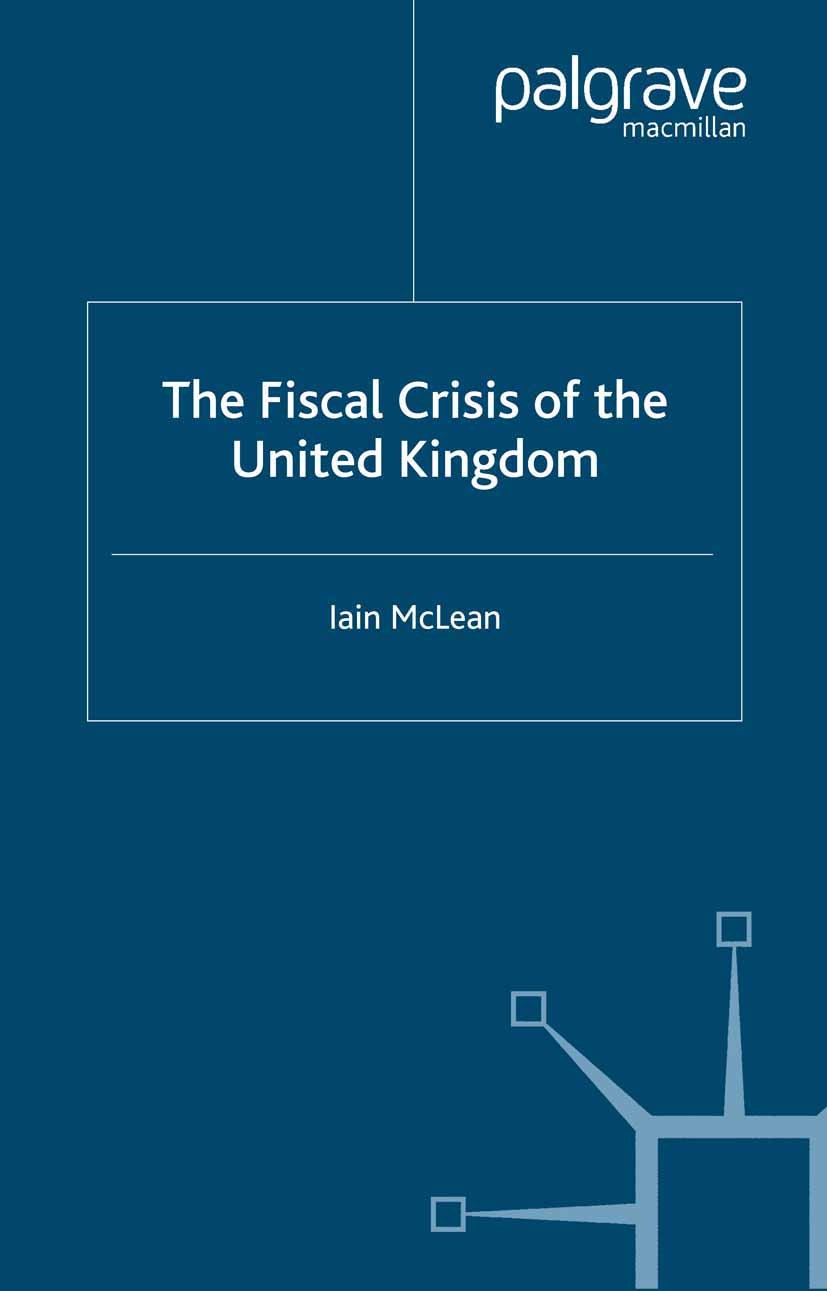Navigating UK Finances: Fiscal Policies and Economic Landscape

UK Finances Unveiled: Navigating Fiscal Policies and Economic Landscape
Understanding Fiscal Policies: A Foundation for Economic Management
The fiscal policies of the United Kingdom form the bedrock of economic management. These policies encompass government spending, taxation, and overall budgetary strategies. Examining the intricacies of these fiscal decisions is crucial for comprehending how the UK steers its economic course.
Government Spending: Balancing Priorities and Allocations
Government spending plays a pivotal role in shaping the economic landscape of the UK. Allocation of funds to various sectors, including healthcare, education, infrastructure, and defense, reflects national priorities. A nuanced analysis of government spending provides insights into the nation’s socio-economic agenda.
Taxation Strategies: Revenue Generation and Economic Impact
Taxation is a key component of fiscal policy, influencing both individual citizens and businesses. The UK employs various taxation strategies, including income tax, corporate tax, and value-added tax (VAT). Understanding the dynamics of these tax policies unveils their impact on revenue generation and economic activities.
Budget Deficits and Surpluses: Managing Economic Health
The presence of budget deficits or surpluses reflects the financial health of a nation. A budget deficit occurs when government spending exceeds revenue, while a surplus indicates the opposite. Delving into the factors influencing these fiscal outcomes provides insights into the overall economic management of the UK.
Debt Management: Striking a Balance for Economic Stability
The management of national debt is a critical aspect of fiscal policies. Striking a balance between leveraging debt for economic growth and ensuring debt sustainability is a delicate task. Analyzing how the UK navigates its debt management contributes to understanding the broader economic resilience.
Economic Impact of Fiscal Policies: A Macroscopic View
Fiscal policies have a macroscopic impact on the overall economy. From influencing consumer spending to shaping business investments, these policies play a pivotal role in economic dynamics. Examining the economic outcomes of fiscal decisions sheds light on the effectiveness of the UK’s financial strategies.
Sectoral Analysis: Unveiling Fiscal Priorities
Different sectors experience varying degrees of influence from fiscal policies. Healthcare, education, and infrastructure are often focal points. Conducting a sectoral analysis unveils the fiscal priorities of the UK government and the areas receiving strategic financial attention.
Global Economic Integration: Navigating International Dynamics
In an interconnected global economy, the fiscal policies of the UK are not isolated. International trade, collaborations, and geopolitical dynamics impact the nation’s economic standing. Navigating these international dimensions provides a comprehensive understanding of how the UK aligns its fiscal strategies with global forces.
Impact on Businesses: Nurturing Economic Growth
Businesses are directly influenced by fiscal policies, impacting investment decisions, taxation burdens, and overall economic conditions. Evaluating how fiscal policies nurture or challenge business growth is essential for gauging the resilience and competitiveness of the UK economy.
Public Perception and Policy Feedback: Engaging Citizens
Public perception of fiscal policies is a crucial element. Citizen engagement, feedback mechanisms, and transparency in fiscal decisions contribute to the democratic nature of policy-making. Examining how the public perceives and responds to fiscal policies adds a societal dimension to economic analysis.
Exploring Further Insights into UK Finances
To gain deeper insights into the fiscal policies and economic landscape of the United Kingdom, visit mokadatara.my.id. The analysis of UK finances goes beyond numbers; it is a narrative of strategic decisions, economic priorities, and the collective journey towards sustained economic prosperity.








